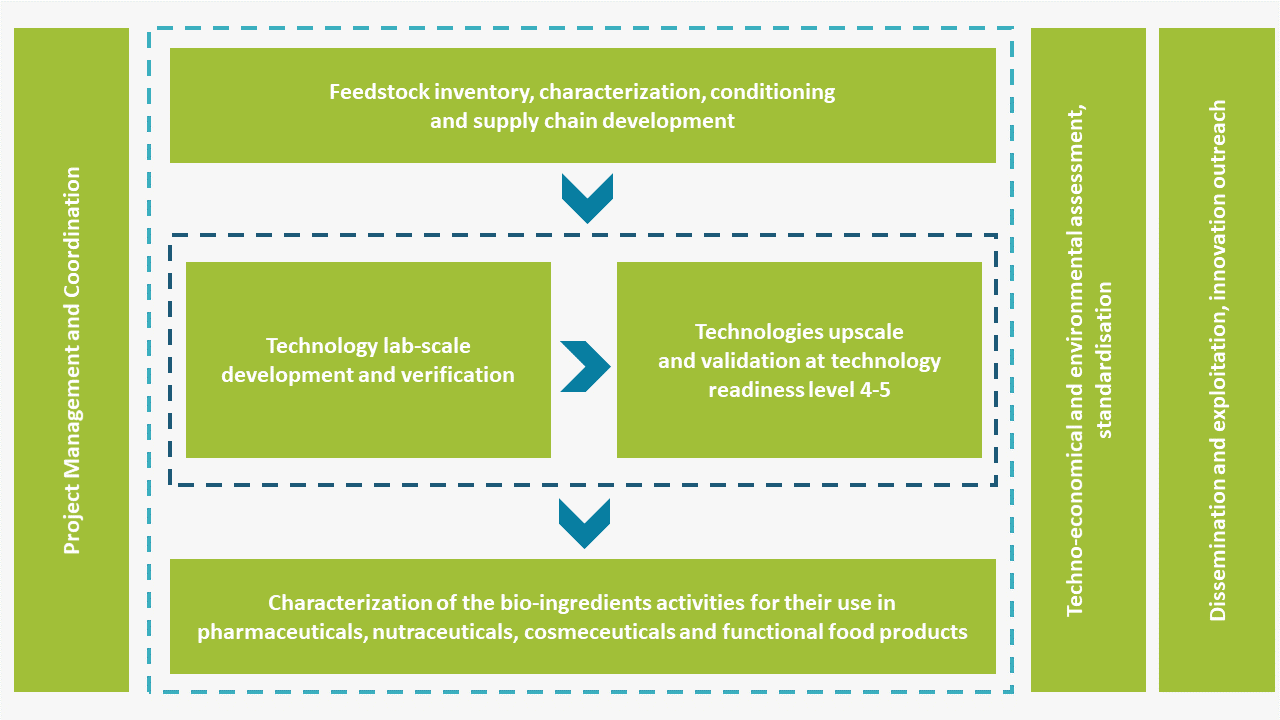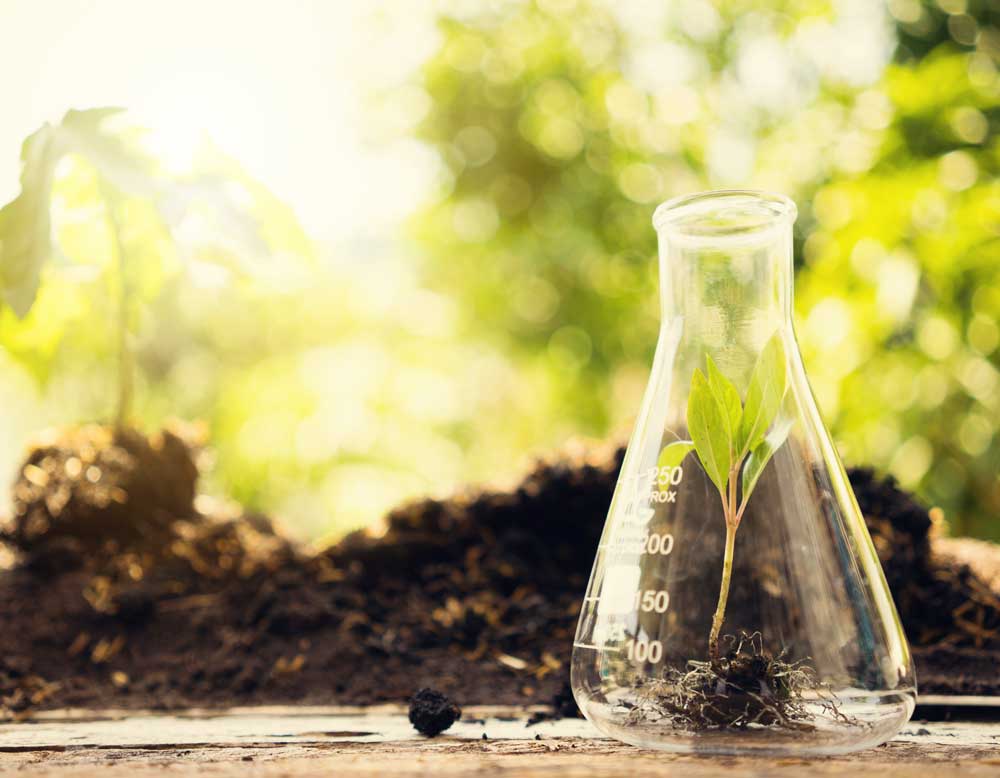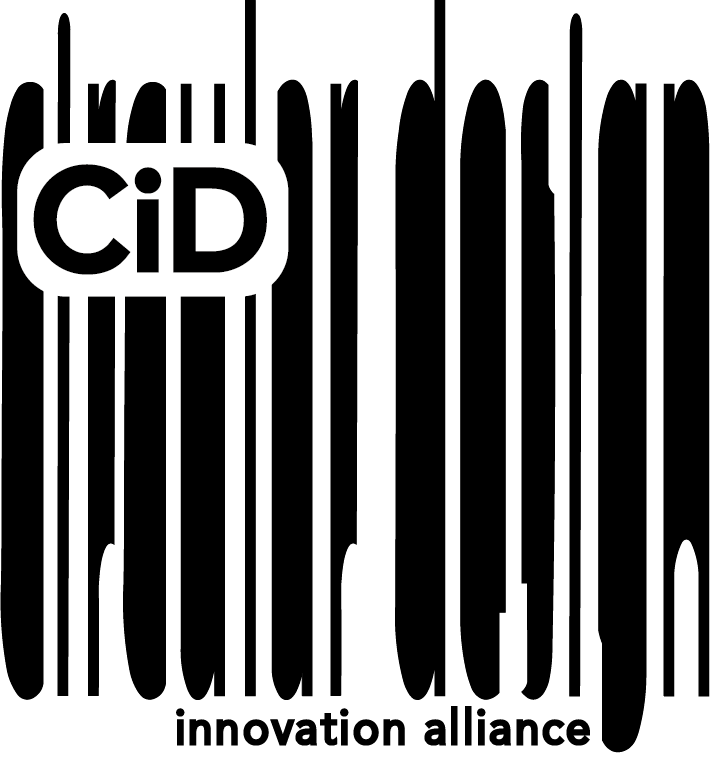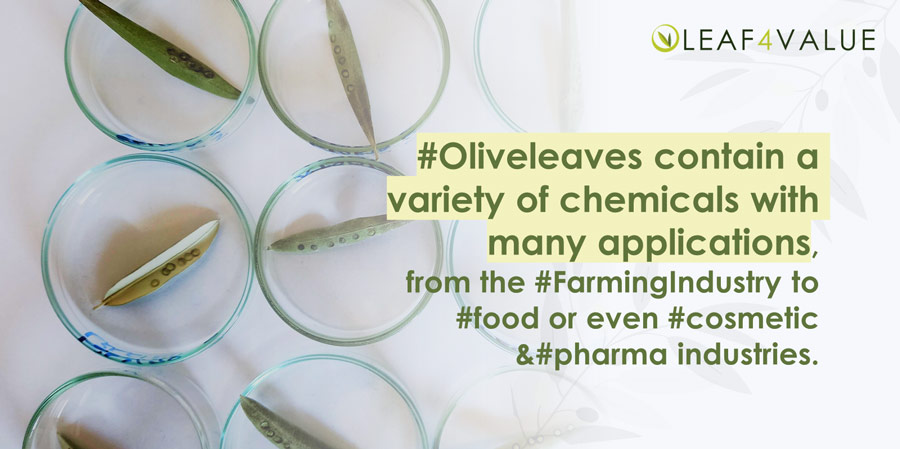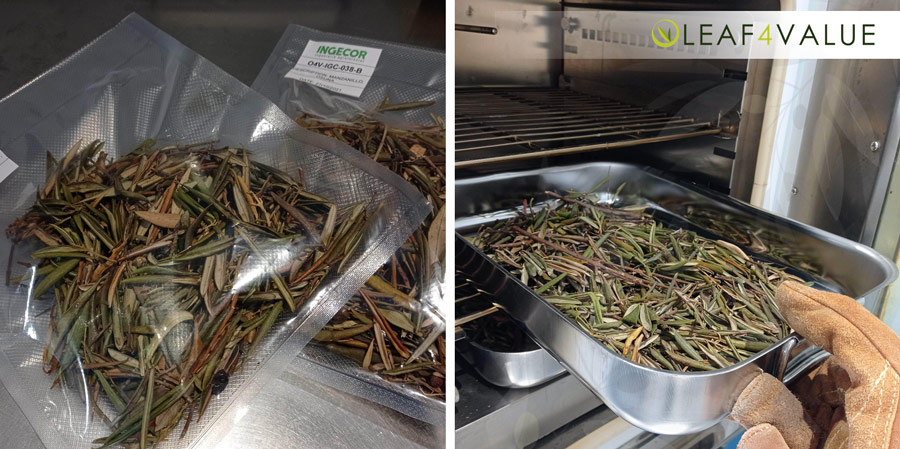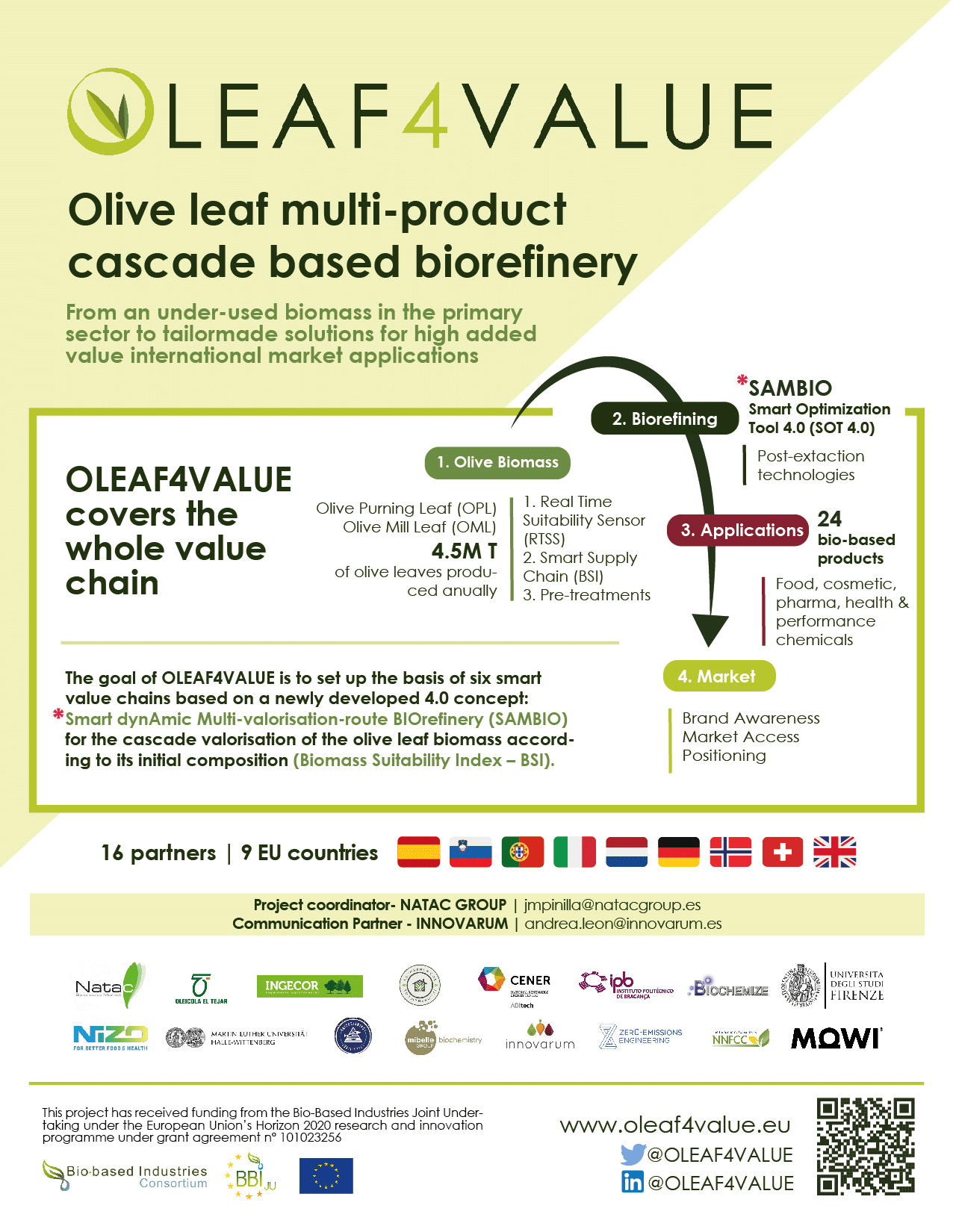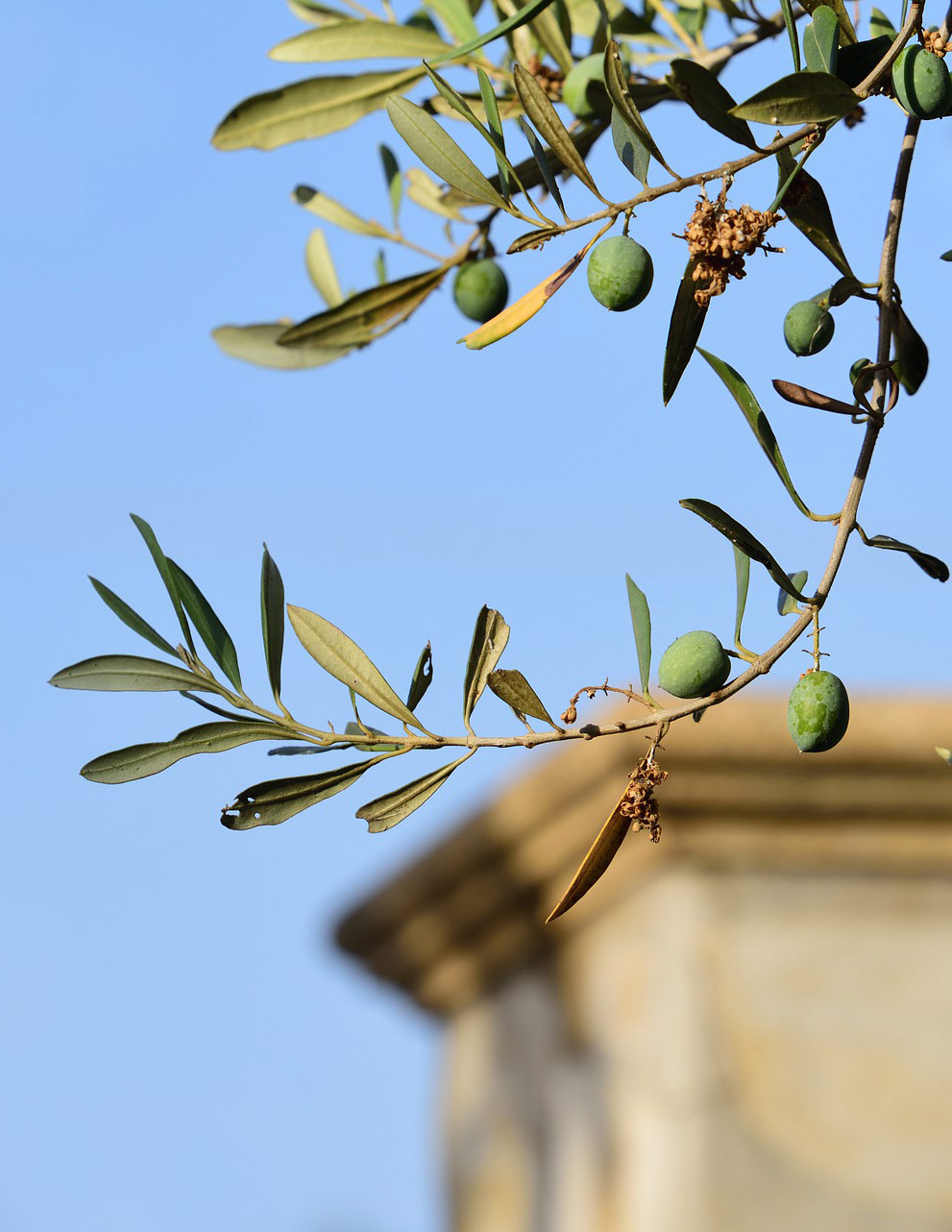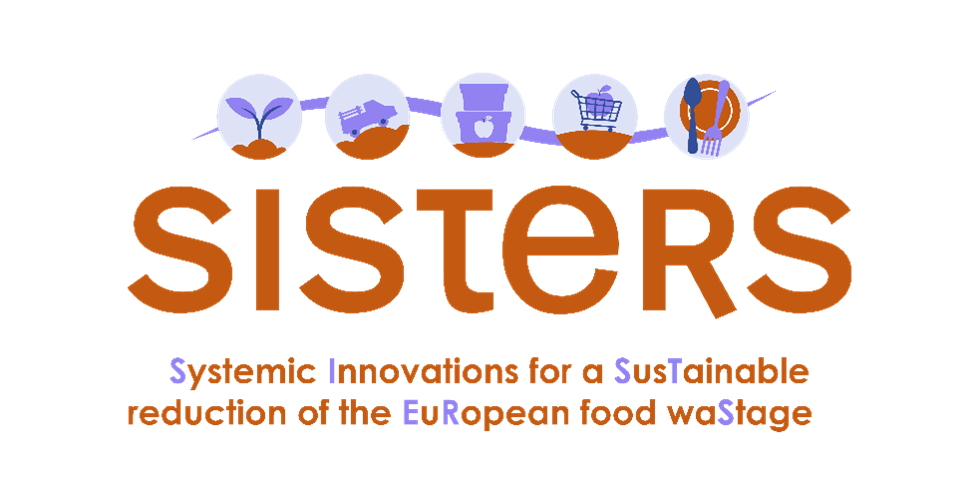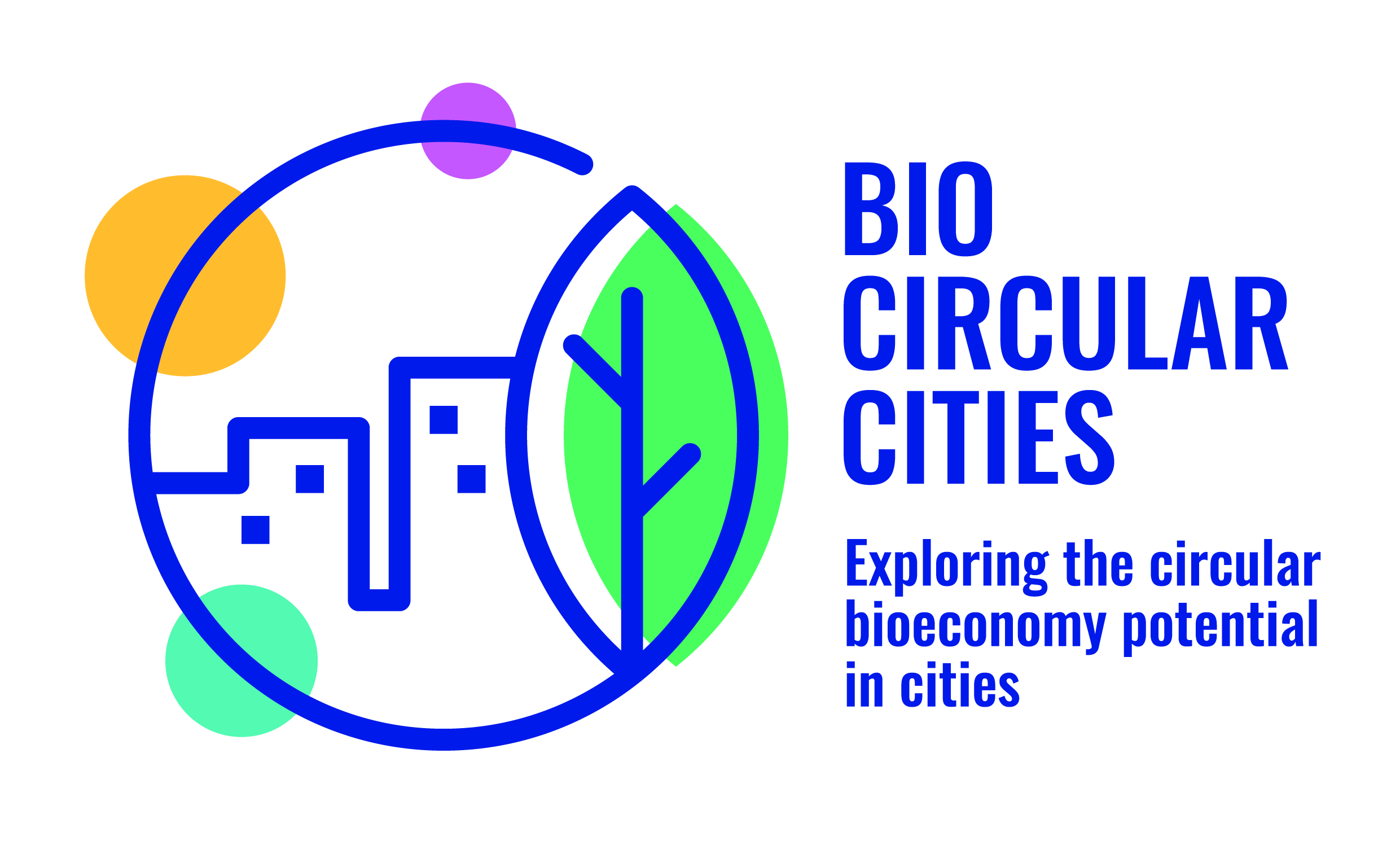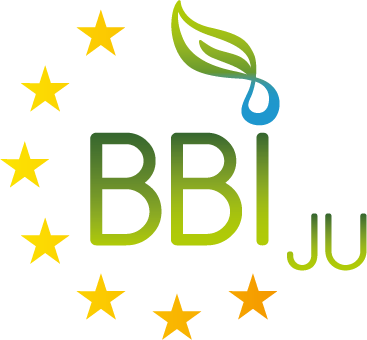First video
“VALUE out of WASTE” – Upgrading agricultural waste streams into high value products – PHENOLEXA
Second video
“Creating treasure from trash: Unlocking the value in waste”
PHENOLEXA Background
In the pursuit of a circular economy, it is important to identify and use feedstocks to their maximum potential and value.
Despite this, major inefficiencies are remaining in how we leverage what is available. In Europe’s agricultural sector – the largest producer of residual biomass – around half of this is currently wasted. In addition, much that is used finds its way to low- and mid-value applications such as biofuels, biomethane, composts, animal feed, platform chemicals and polymers. In part, this is because the feedstock is challenging to upcycle to higher-value products due to its varied and variable makeup, supply fluctuations, presenting a challenge also technologically.
Certain agricultural side streams – those from olives, wineries, pomegranates, citrus fruits, chicory, pineapples, berries, and onions – are rich in phenolic bioactive ingredients. Many of these bioactives possess antioxidant, antimicrobial, antifungal, anti-inflammatory properties, potentially even anticancer and antiviral activities. However, their full potential has yet to be realised, due to a lack of technologies capable of preserving the complexity and functionality of these compounds in a way that is safe, sustainable and can do so in financially viable quantities.
The PHENOLEXA project aims to develop a benign, efficient, and environmentally friendly biorefinery process to address this challenge. By focusing on specific agricultural waste streams that are not currently fully exploited for high-value bioactive compounds. It will use a novel biological and physical feedstock pre-treatment followed by benign extraction using novel green solvents and subcritical water, maximising efficiency, and preserving the desired qualities of the polyphenols. Different final product prototypes will be realized to employ these natural bioactive compounds in pharmaceutical, nutraceutical and cosmeceutical products.
The overarching objective of the PHENOLEXA project is to develop a benign, efficient and environmentally friendly biorefinery process to extract high-value polyphenolic bioactive compounds for high-value applications. Within this, the project will pursue a number of specific objectives.

Civitta Eesti AS # # # # # # # # # # # # # # # ## # # # # # # # # # # # # #
Civitta is an innovation consultancy involved with a wide range of projects, including bioeconomy-related, and offering a full spectrum of services: strategy, innovation, funding, research, digital, implementation, and sustainability. # # # # # # # # # # # # # # # # # # # # # # # # # ## # # # # # ##
Country: Estonia
Role in PHENOLEXA: To coordinate the project, to comopose and lead the exploitation strategy and support with ethics aspects. # # # ## # # # # # # # # # # # # # # ## # #
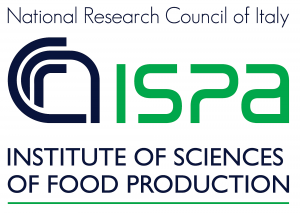
Consiglio Nazionale Delle Ricerche – Institute of Sciences of Food Production
The Institute of Sciences of Food Production (CNR-ISPA) is a center of excellence, worldwide renowned, acting in the fields of scientific research, innovation and technology transfer aimed to improve safety and quality of agro-food products # # # # # # # # # # # # # # # # # # # # # # # # # # # # # #
Country: Italy
Role in PHENOLEXA: ISPA has the scientific coordination of the project, is WP5 leader and it is actively involved in WP3 and WP4 # # # # # # # # # # # # # # # # # # # ##

EPC project corporation for Climate. Sustainability. Communications.
EPC offers project management and target group specific promotion, including the development of communication strategies and their practical application and knowledge transfer in international renewables, climate and sustainability projects. # # # ### # # # # # # # # # # # # # # # # # # # # # # # ##
Country: Germany
Role in PHENOLEXA: EPC leads the communication and dissemination in WP7 and will support long-term knowledge transfer of PHENOLEXA. # # # # # # # # # # # # # # # # # #

Novatica Technologies Ltd # # # # # # # # # # # # # ## # # # # # # #
Novatica Technologies Ltd is a UK-based Research & Development, Consultancy, Training & Dissemination company that promotes and develops innovative technologies in three major domains: Clean Energy & Environment, Healthy Wellbeing & Longevity and Sustainable Economic Growth. # # # # # # # # # # # ##
Country: UK
Role in PHENOLEXA: To develop biorefinery sequence from feedstock supply chain development, pre-treatment, bioactives extraction to product formula, LCA & TEA analyses.#

Celabor Scrl # # # # # # # # # # # # # # # # # # # # # #
Celabor is a Belgian SME offering scientific and technical support to companies in the field of agrifood (nutrition and extraction), packaging, environment and textiles. Celabor has more than 20 years of research experiences and has been involved in several EU and national projects. # # # # # # # ##
Country: Belgium
Role in PHENOLEXA: Optimization of the pulsed electric field pre-treatment as well as subcritical water extraction process. To lead the up-scaling process. # # # # # ##

Chambre Regionale d’Agriculture Provence Alpes Côte Azur
CRAPACA is a consular organization managed by elected farmers. Its first role is to represent all the different economic agents of agriculture to public authorities and its second mission is to provide services such as technical advice, training, experimentation and demonstration to farmers. # # # #
Country: France
Role in PHENOLEXA: To contribute to the supply, inventory and sourcing of feedstocks (olive and vineyard) and to work on the economic and environmental assessment. # # #

Fundacio Eurecat
EUT is the leading Technology Centre of Catalonia, providing companies with differential technology and advanced expertise. A total of 690 professionals generating a volume of income of 50M€ per year, Eurecat is involved in 200 projects of R&D national and international with high strategic value. ##
Country: Spain
Role in PHENOLEXA: Development, testing and optimization of extraction techniques; cognitive degeneration activities, studies in vitro/ in vivo of the bioactives # # # #
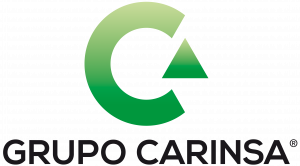
Creaciones Aromaticas Industriales SA
CARINSA is focused on the creation and manufacture of all kinds of flavours, fragrances and additives for the food, feed and perfumery industry. The customer service is one of the key values in the organization which allows us to obtain a high degree of satisfaction and loyalty form our customers. #
Country: Spain
Role in PHENOLEXA: Bioactives encapsulation at industrial scale,integration in formulations and characterization of the microcapsules at industrial scale # # # # # # # #

Fundacion Cartif
CARTIF is a multidisciplinary centre that works in multiple knowledge fields addressing research lines oriented to the main societal challenges, as industry 4.0, smart grids, smart cities, energy efficiency, cultural heritage, quality of life, circular economy, natural resources and biotechnology. #
Country: Spain
Role in PHENOLEXA: Lead the feedstock inventory, characterization and supply chain. Develop the spray drying encapsulation of BACs. And co-lead the LCA, LCC and S-LCA.#

Loughborough University
Loughborough University (LU) is one of the leading research based universities in the UK. The Department of Chemistry at LU has an international reputation for research excellence and is well equipped to carry out research spanning all the traditional branches of chemistry and allied disciplines. #
Country: UK
Role in PHENOLEXA: LU contributes to WP3 on Functionalisation of the bioactives for higher value products, and will support partners in WP4 and WP7. # # # # # # # # # ##
COLLABORATION PROJECTS
The ONFOODS projects is about the circular economy, more specifically the sustainable design of the food and nutrition sector. The project is funded by the Italian National Recovery and Resilience Plan (NRRP) and is part of the EU’s Next Generation programme.
It brings together 26 organisations at the forefront of scientific research and sustainable innovation in food systems. They want to find out how to improve complex food systems and at the same time improve people’s health and livelihoods.
ONFOODS is therefore very important in making the whole food systems sector more sustainable.
Circular Design (CiD) is a project aming sustainability. It focuses on the innovative integration of circular economy principles into design and urban transformation. This project is supported by the Erasmus+ Innovation Alliance 2023-26. CiD brings together a diverse consortium of 26 organisations, including academic institutions, industry innovators and research centres, all with the mission to redefine the relationship between design, circularity and social impact. The focus of Circular Design lies on new methodologies that achieve the transition of carbon neutrality in urban design and therefore, promoting bio-based innovations. By that CiD aims to make a significant contribution to the development of sustainable and resilient cities. These goals go along with PHENOLEXA’s sustainable approaches to bio-waste management and biorefineries. Therefore, we are happy to announce our collaboration with Circular Design, sharing a common vision for sustainability and innovation.
SISTER PROJECTS
PHENOLEXA partners with H2020 BBIJU sister project OLEAF4VALUE
OLEAF4VALUE is a three-year project that will develop a complete valorization system for the olive leaf. 4,5 million ton of olive leaves are produced annually in the world by the olive oil industry, a key industry in southern Europe and along the Mediterranean coast (Spain, Italy, Greece, Portugal, Slovenia, among others). This recalcitrant biomass represents a problem for both the farmers and the whole olive oil industry, who need to remove it from the fields and the olive oil mills. This biomass is nowadays burnt in the fields, given to the cattle or, in some cases, combusted to produce energy.
OLEAF4VALUE will put together a competitive consortium of highly experienced partners devoted to the complete valorization of this new underexploited biomass. The consortium will address all the stages of the value chain: raw material, biorefining, post-extraction technologies, market validation and sustainability assessment.
The goal of OLEAF4VALUE is to set up the basis of a smart value chain based on a newly developed 4.0 concept: Smart Dynamic Multi-Valorization-Route Biorefinery (SAMBIO) for the cascade valorization of the olive leaf biomass according to its physicochemical composition, particularly modulated by specific pretreatments to produce target products. Advanced green extraction and isolation technologies will be used to sequentially separate all fractions and compounds of value, with a zero-waste approach. Enzymatic biotransformation and nanoencapsulation technologies will be applied to develop tailor made prototypes according to end user market needs from high value sectors: food, feed, health, cosmetic, pharma and chemical industries. Large companies from these sectors within the consortium will guarantee a market-oriented approach throughout the project.
OLEAF4VALUE will link the primary olive sector from southern Europe with large multinationals from the high valued competitive markets in a circular bioeconomy project.
The project started on July 2021, it will last 3 years and gathers 16 partners from 9 different countries:
Natac Biotech SL (NATAC) (ES)- project coordinator, Oleicola El Tejar (ES), Ingecor Agroforestal SL (ES), Innorenew CoE (SI), Fundacion Cener CENER (ES), Instituto Politecnico De Braganca (PT), Biochemize Sl (ES), Universita Degli Studi Di Firenze (IT), Nizo Food Research Bv (NL), Martin-Luther-Universitaet Halle-Wittenberg (DE), Havforskningsinstituttet (NO), Mibelle Ag (CH), INNOVARUM (ES), Zero Emissions Engineering Bv (NL) and NNFCC Limited (UK), Mowi Feed As (NO).
For further information about the project visit: http://www.oleaf4value.eu
CONTACT:
Coordination: NATAC BIOTECH SL – José Mª Pinilla (Project Manager) jmpinilla@natacgroup.com
Communication & Dissemination: INNOVARUM – Andrea Leon (Content Manager) andrea.leon@innovarum.es
Twitter: @OLEAF4VALUE, LinkedIn: @OLEAF4VALUE
The SISTERS project aims to reduce food loss and waste in the main stages of the Food Value Chain in Europe through innovations targeted to each stage of the chain. It will be a key EU project addressing the problem in a holistic way, reducing Food Loss & Waste by 27.4% and CO2 emissions by around 20% in the case studies.
The project proposes the creation of the first European online platform for farmers and the primary sector to sell the surplus of their productions and, thus, favour the local economy, as well as facilitating access to nutritious and healthy food for the most disadvantaged social groups. For example, this space will include fruit and vegetable crops that do not meet the standards of size or appearance required by the market for their subsequent commercialisation, but which are perfectly suitable for consumption.
SISTERS will also design smart food containers that help to minimise food losses during transport, keeping both bulk and packaged food in optimal conditions thanks to the installation of advanced sensors that will allow precise control of the environment in which the product is being transported or preserved. Thus, among other parameters, the temperature, humidity, and gas composition of the environment will be measured.
To improve the maintenance of food quality, a series of bio-based packaging will also be developed, using biopolymers based on polyesters and polylactic acid (PLA) that can be composted at home, thus reducing the negative impact on the environment. Additives extracted from agricultural waste will be added to these materials to extend the useful life of the products. On the other hand, a second additive will also be used to favour the biodegradability process of the final product.
As a complement to this global strategy, SISTERS will create a seal of excellence that aims to promote sustainable retail practices. It will provide consumer information through a QR code and dynamic labelling in order to increase sustainability awareness for both customers and retailers.
Thanks to these cross-sectoral innovations, SISTERS expects to achieve an ambitious environmental and economic impact on the current dynamics of the food system in terms of production, processing, logistics, marketing, and consumption, contributing to the reduction of food waste at all stages of the process and changing the mentality of consumers about their less sustainable behaviour.
The SISTERS project started on November 1st, 2021 and is scheduled to end on April 30th, 2026 (4.5 years). The consortium is formed by 18 partners and 3 linked third parties from 8 different countries around Europe: Spain, Italy, France, Belgium, Sweden, Croatia, Ireland and Switzerland.
SISTERS social media:
Instagram – @sisters_eu
Facebook – Sisters EU Project
Twitter – @sisters_eu
LinkedIn – Sisters EU Project
Since September 2021, the BIOCIRCULARCITIES project project has brought together experts and three pilot territories to investigate and unlock the potential of circular bioeconomy. The project aims to support the development of innovative value-chain to recover unexploited bio-based waste streams.
To make its key outcomes available to other experts and decision makers across Europe, a webtool is being developed supporting the identification of the most suitable technological options for improving the management of municipal biowaste, agrifood losses, and forestry residues.
The BioCircularCities tool relies on a list of influential criteria. It was established through the analysis of the state of the art of the main drivers and barriers towards the development of biocircular value chains for biomass waste management, and on the experiences of the three pilot areas.
The tool screens the socio-economic, political, and environmental context of the territory in which the value chain shall be implemented according to the list of influential criteria and evaluate which technological pathway(s) would be potentially compatible with the described surrounding context, based on their own specificities.
The objective of the tool is to provide first possibilities about what could be suitable in terms of technological pathways, given a specific context. The BCC tool does not aim at providing a “ready to implement” business plan, but rather the different potential solutions that match with the local needs and priorities.
The webtool is currently under a testing phase, and the first public version will soon be available. Make sure to visit BioCircularcities website to be informed about its development!
The BioCircularCities web application tool is developed in the framework of the H2020 Bio-based Industries Joint Undertaking project BioCircularCities (Grant agreement n° 101023516).
Contact : mailto:info@biocircularcities.eu
Website: https://biocircularcities.eu/
Twitter : twitter.com/biocirc_cities/
Project video: https://www.youtube.com/watch?v=kMQp_vmIWqE
The FS4EU project deals with the design of future food safety systems. It is a Community Initiative supported by the European Commission (EC). Over a period of three years, they will try to find innovative solutions for the adaptation and interaction of research and policy to support the EC in improving food safety in Europe in a sustainable way.
Specifically, they will design a multi-stakeholder platform and new digital tools that will connect people from all sectors (e.g. citizens, scientists, European Commission) and lead to everyone being able to participate in Europe’s future food safety system.


